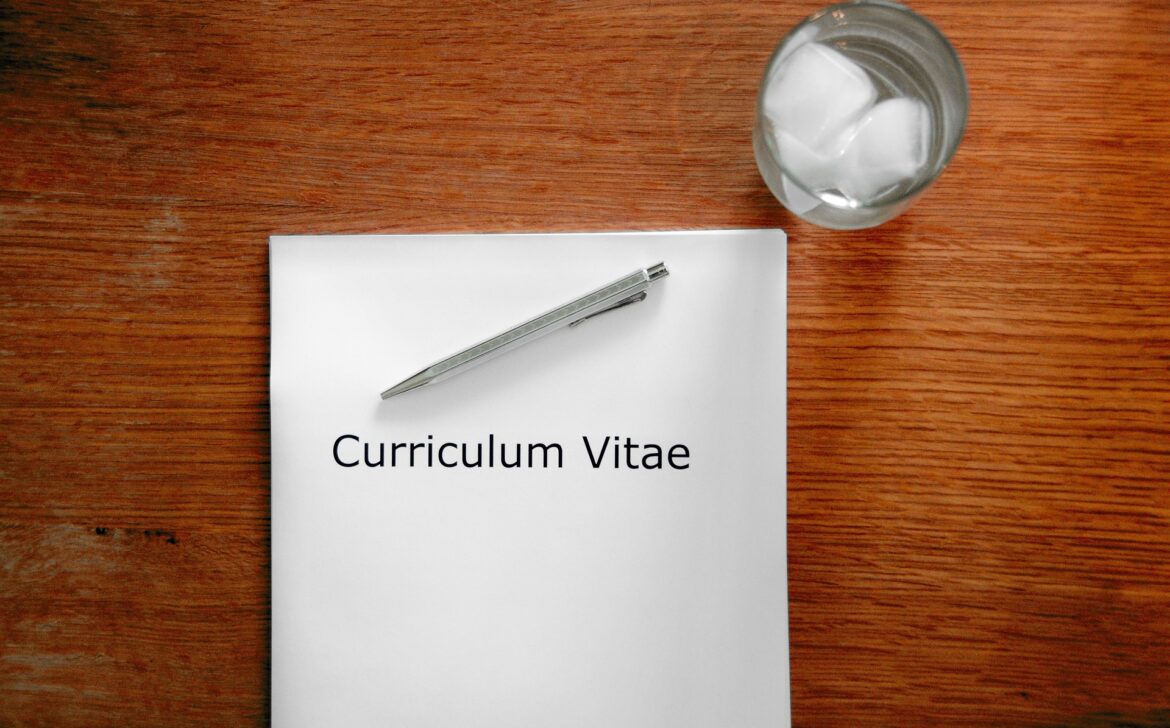Achieving Interview Success: Strategies for a Stellar Performance
Title: Achieving Interview Success: Strategies for a Stellar Performance Introduction: 1. Thorough Research: 2. Self-Reflection and Preparation: 3. Understand the Role: 4. Dress and Present Professionally: 5. Showcase Effective Communication: 6. Highlight Your Accomplishments: 7. Demonstrate Cultural Fit: 8. Showcase Problem-Solving Skills: 9. Exhibit Emotional Intelligence: 10. Follow-Up with Gratitude: Conclusion:
Interviews serve as critical gateways to professional opportunities, and acing them requires careful preparation, confidence, and effective communication. This essay explores proven strategies that can help you attain success in your interview, enabling you to make a lasting impression and secure your desired position.
Before the interview, invest time in researching the company, its values, culture, products/services, and recent news or developments. Familiarize yourself with the job description, requirements, and responsibilities to align your responses and demonstrate your genuine interest and enthusiasm.
Evaluate your own skills, experiences, and accomplishments. Identify specific instances where you demonstrated relevant qualities and achieved notable results. Prepare compelling anecdotes and examples that highlight your strengths, problem-solving abilities, teamwork, leadership, and adaptability. Anticipate common interview questions and practice concise, well-structured responses.
Comprehend the role’s expectations and the skills and competencies required. Tailor your answers to reflect how your background and expertise align with these requirements. Emphasize your willingness to learn and grow professionally, showcasing how you can contribute to the organization’s success.
Dress appropriately for the interview, reflecting the company’s culture and industry norms. Present yourself confidently, with good posture and a warm smile. Maintain eye contact, actively listen to the interviewer, and respond thoughtfully. Demonstrate your enthusiasm, passion, and engagement throughout the conversation.
Clear and effective communication is crucial during an interview. Focus on conveying your thoughts concisely and articulating your ideas with clarity. Avoid using jargon or technical terms that the interviewer may not be familiar with. Practice active listening and ask insightful questions that demonstrate your interest and understanding of the role and organization.
Confidently discuss your accomplishments, quantifying them whenever possible. Showcase the impact you made in previous roles, emphasizing how your contributions aligned with the company’s objectives and brought tangible results. Use metrics, such as revenue growth, cost savings, or process improvements, to provide concrete evidence of your abilities.
Companies often seek candidates who align with their organizational culture. Showcase your values, work ethic, and ability to collaborate effectively with diverse teams. Share stories that demonstrate your adaptability, open-mindedness, and commitment to fostering a positive work environment.
Employers value candidates who can think critically and solve complex problems. During the interview, approach hypothetical scenarios with a structured thought process. Break down the problem, propose multiple solutions, weigh pros and cons, and articulate your chosen approach. Showcase your analytical skills, creativity, and ability to make informed decisions.
Emotional intelligence is highly valued in the workplace. Display self-awareness, empathy, and effective interpersonal skills. Illustrate instances where you successfully resolved conflicts, navigated challenging situations, or built strong professional relationships. Employers seek individuals who can collaborate harmoniously and contribute to a positive team dynamic.
After the interview, promptly send a personalized thank-you note or email expressing your gratitude for the opportunity to interview. Restate your interest in the role and the organization. This gesture demonstrates professionalism, attention to detail, and a genuine desire to join the team.
Securing success in an interview requires thorough preparation, self-reflection, effective communication, and confidence. By conducting research, understanding the role, showcasing your accomplishments, exhibiting problem-solving skills, and demonstrating cultural fit and emotional intelligence, you position yourself as a strong candidate. With practice and determination, you can present yourself as a valuable asset to the to the organization, increasing your chances of achieving interview success and securing the desired position.



